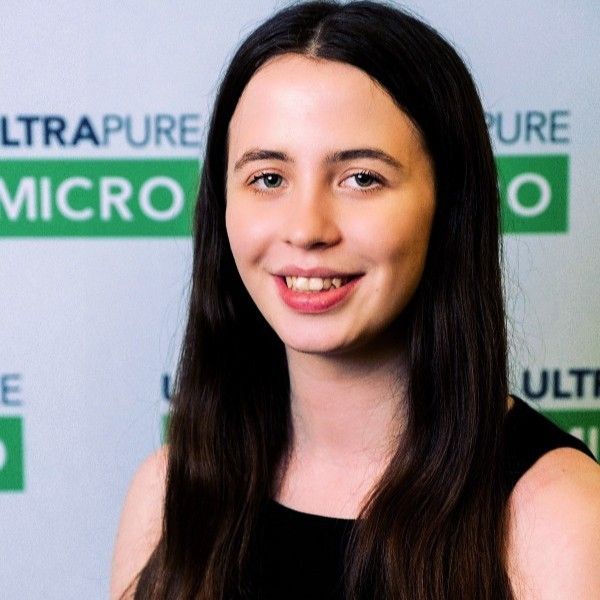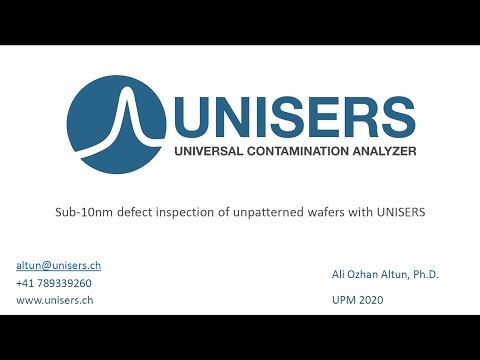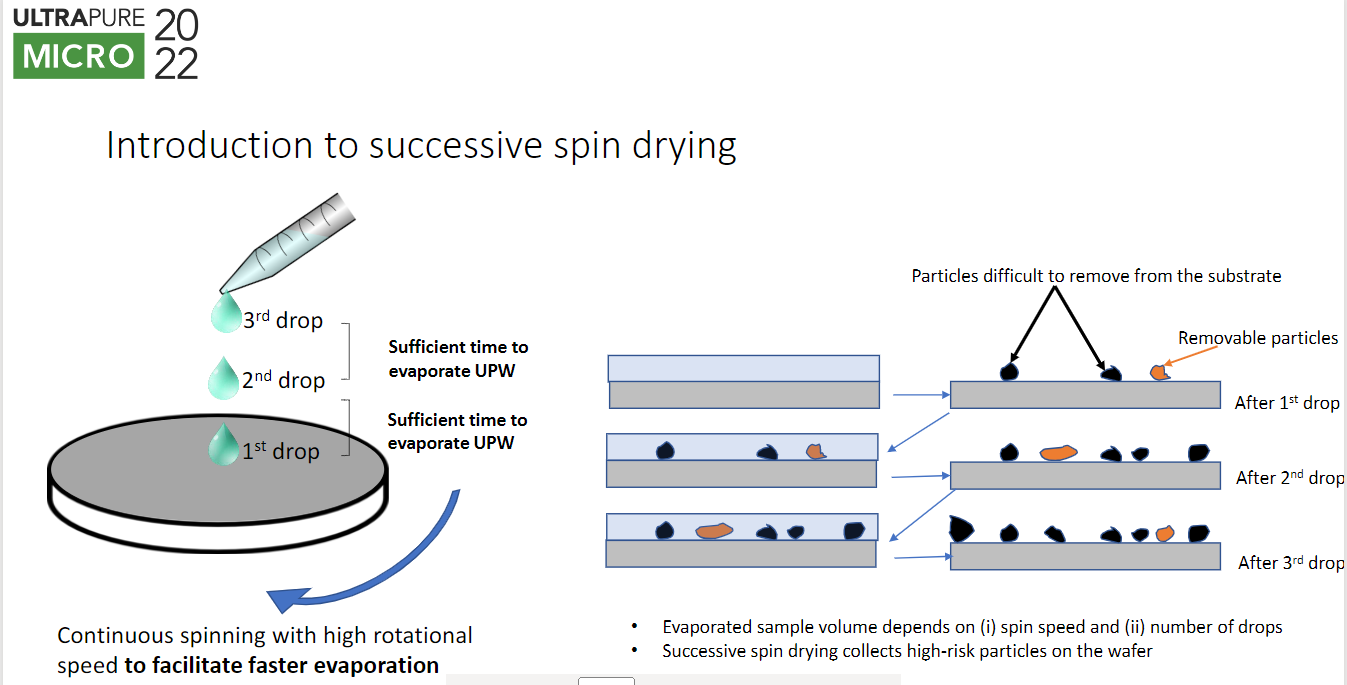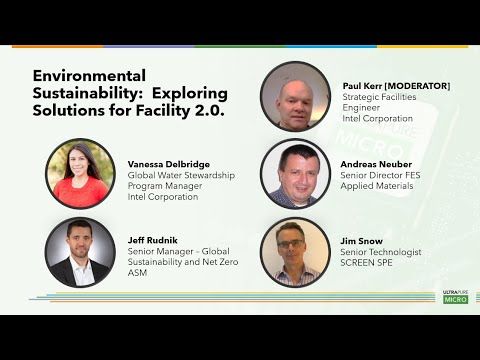News-in-brief: February 2023
Share this insight
Company news
UNISERS secures funding: UNISERS has secured $14 million in funding led by Intel Capital to build technology demonstrator machines for trials by major chipmakers. UNISERS has developed a Surface Enhanced Raman Spectroscopy technique to detect detecting size, concentration, and chemical composition of sub-10nm particles on-wafer. The technology is groundbreaking in molecular specificity, chemical identification, and potential to correlate on-wafer defectivity with individual process chemicals.
Samsung ESG goals: Samsung Electronics has announced it has established a Life Cycle Assessment (LCA) for the product carbon footprint of its semiconductor business, which evaluates the environmental impact of its products by quantifying energy, materials, and waste discharge. The assessment covers the entire production, from raw material extraction to chip assembly and test. Samsung announced it intends to expand its LCA to include water and other resource footprints.
New Entegris facility: Entegris has announced that it will build a new manufacturing center in Colorado Springs, USA, to support its Microcontamination Control and Advanced Materials Handling divisions. Supported by state financial incentives, Entegris expects to invest $600 million in constructing the facility, with operation expected to begin in 2024.
Merck expansion in Taiwan: Merck announced that it is breaking ground on its new production facility for specialty gases and semiconductor materials in Kaohsiung, Taiwan. It plans to invest $537 million in the site over the next five to seven years.
SK Hynix sustainability bond: SK Hynix announced that it has issued a $1 billion bond linked to its sustainability targets. The bond interest rates vary depend on whether achieves environmental, social, and governance (ESG) objectives. In addition to the sustainability-linked bond, SK Hynix issued a green bond of $750 million limited to funding projects such as water quality management, energy efficiency improvement, pollution prevention and ecological restoration.
South Korea UPW localization JV: As part of South Korea’s plan to localize technology for ultrapure water production, SK Ecoplant Co. announced that it has signed an agreement on research and development (R&D) with Sepratek, a Korean company specializing in membrane manufacturing. The joint venture will develop membrane degassing technology. SK Ecoplant will also acquire an 18% stake in Sepratek.
TSMC sustainability measures: TSMC is partnering with its hydrofluoric acid suppliers to replace fluorspar (the raw material used in this acid) with fertilizer waste. This produces high-quality hydrofluoric acid without affecting the wet etch process. Two TSMC fabs in Taiwan have applied this hydrofluoric acid in their processes, reducing fluorspar quantities and carbon dioxide emissions. Other fabs are also undergoing trial production.
Projects
Texas Instruments announced that it will invest $11 billion build a second 300mm wafer plant to join its existing fab in Lehi, Utah. Construction is expected to start in 2023, with production estimated for 2026. Plans exist to include use recycled water at almost double the rate of the existing fab.
Infineon has confirmed that it will invest approximately 5 billion euros in a new semiconductor plant in Dresden, Germany. Though the company is still awaiting formal confirmation of subsidies by the European Commission 1 billion euros, the German Federal Ministry for Economic Affairs have approved a project launch. The new plant is expected to begin production by 2026.
Other
Taiwan drought: The drought in Southern Taiwan poses an increasing threat to semiconductor manufacturing operations in the region. Taiwan Water has announced intentions to enforce a 10% water consumption reduction in the Tainan Science Park. Local semiconductor manufacturers have ordered water trucks as a preparatory measure. The Ministry of Economic Affairs has adopted other water saving measures in the country, including restricting crop irrigation, digging wells, and restricting water supply for non-essential purposes.
Share this insight






